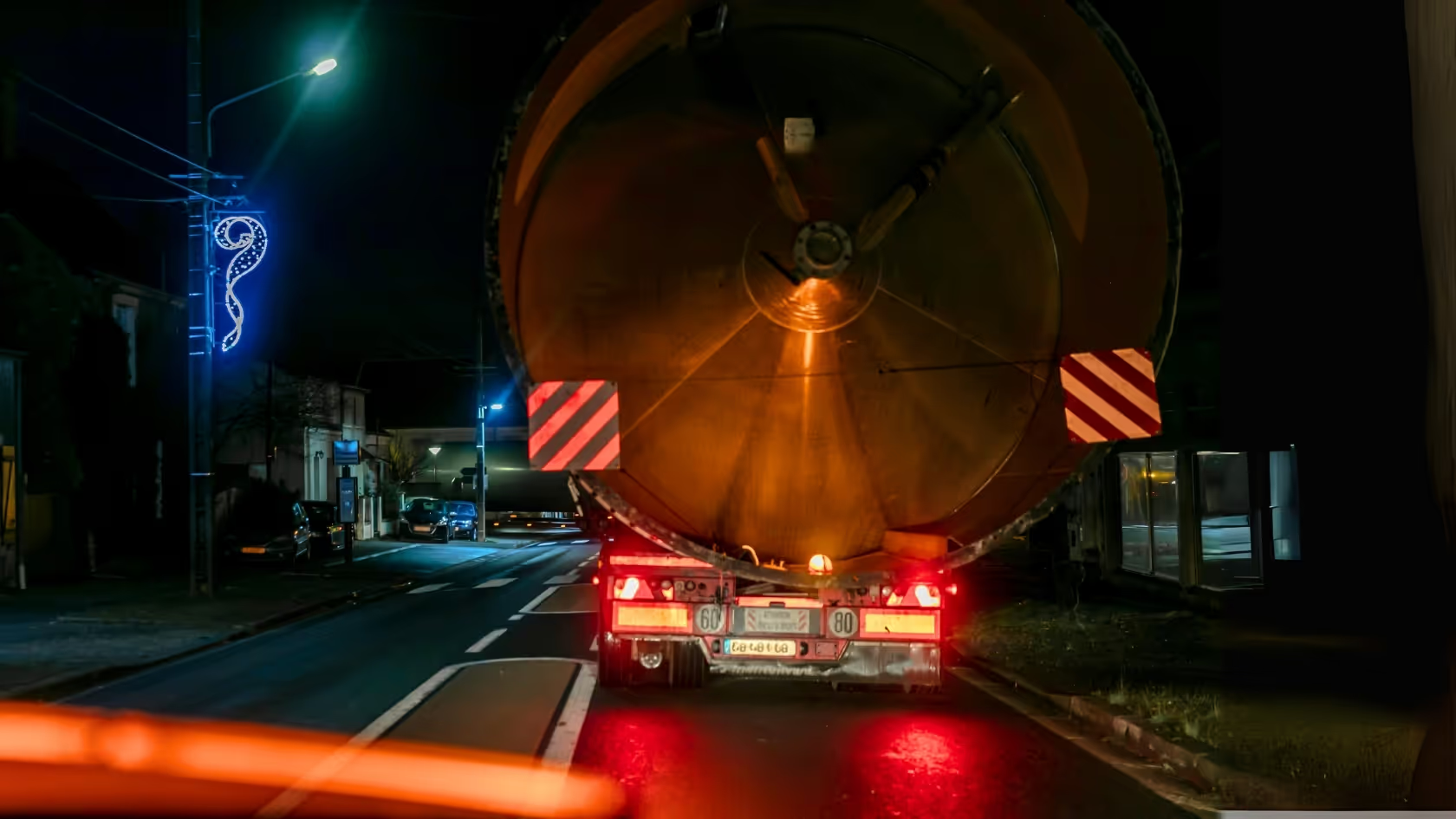European Union and national legislation impose clear rules, and professional companies such as DOOR SPEED TRUCK, bases its work on compliance with these standards. In this article we will look at the main safety rules in international transport and why they matter so much to customers.
Basic rules in transport safety
Driving and rest times
Regulation (EC) No 561/2006 clearly establishes driving limits for professional drivers:
- maximale 9 hours a day(10 hours twice a week),
- maximale 56 hours per week,
- after every 4 hours and 30 minutes 45-minute break,
- daily rest: minimum 11 hours.
⚠️ These rules prevent fatigue at the wheel, one of the main causes of road accidents.
Technical inspection of vehicles
A truck traveling on European roads must be constantly checked and maintained.
📌 Main obligations:
- Valid ITP,
- regular checks of brakes, steering system and tyres,
- checking lighting and signaling systems.
➡️ A technical failure is not only an inconvenience, but a major safety risk.
CMR insurance
In international transport, insurance CMRis mandatory and covers the carrier's liability for loss or damage to the goods.
- without insurance, the client remains uncovered,
- with insurance, compensation is made according to the CMR convention.
⚠️ A professional carrier never sets off on the road without valid insurance.
Safety rules for international transport
Circulation restrictions
In many European countries, trucks are not allowed to travel on weekends or on certain holiday days. Examples:
- Germany— prohibition on Sundays and public holidays,
- France— ban from Saturday, 22:00 to Sunday, 22:00,
- AustriaRestrictions on certain highways.
⚠️ An experienced carrier plans the route taking into account these restrictions, avoiding delays.
Mandatory equipment
In addition to standard equipment, the legislation requires for international transport:
- medical kit,
- fire extinguisher,
- reflective triangles,
- reflective vests,
- portable lamp with flashing yellow light.
⚠️ They are not “optional”, but necessary for border crossings and road controls.
Transport of dangerous goods (ADR)
For dangerous goods, the rules of the ADR (European Agreement on the International Road Transport of Dangerous Goods) are strict:
- the vehicle must be equipped with orange plates,
- the driver must have an ADR certificate,
- specific documentation is required.
⚠️ Lack of compliance can lead to huge fines and confiscation of goods.
Risks of non-compliance
A transport carried out without compliance with safety rules may result in:
- Fines and penalties— thousands of euros for lack of rest, equipment or documents.
- Vehicle retentionuntil the legal situation is clarified.
- Refusal of insurance— in the event of an accident, the insurer may refuse compensation.
- Serious accidents— endangering human lives and property.
⚠️ For this reason, customers need to check shipping partners carefully.
How OVI SPEED TRUCK complies with safety rules
For over 25 years, DOOR SPEED TRUCKproved that safety is the zero priority.
✅ How we proceed:
- we strictly observe the times of driving and rest,
- we technically check each vehicle before departure,
- we have CMR insurance for each shipment,
- we plan routes taking into account the restrictions in each country,
- We equip vehicles according to European standards.
✅ The result: safe, legal and on-time shipments.
Conclusion
Safety in international road transport is not a choice, but a legal and moral obligation.Customers need to know that cheap, but non-compliant shipping can become extremely expensive in the event of an incident.
➡️ Choosing DOOR SPEED TRUCK, choose a partner with experience, modern fleet and full respect for safety rules.
📞 Contact us now for a personalized and secure quote.
“We collaborated with OVI SPEED TRUCK to transport a heavy load and everything went flawlessly. The team took care of clearances, escort and on-time delivery. I recommend with confidence!”






